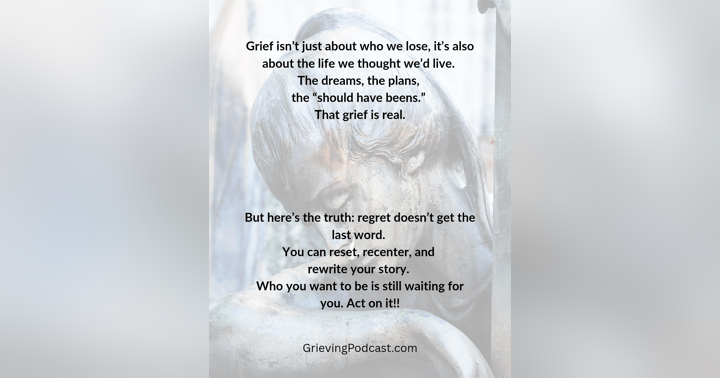The Fear of Forgiveness: How Holding On Fuels Grief"

Forgiveness is often painted as a noble, healing act—a bridge to peace, a release from the burdens of resentment. But beneath its surface lies a complex emotional landscape, one where fear thrives, woven intricately into the fabric of vulnerability. The fear of forgiveness is rarely spoken of, yet it shapes our relationships, our self-perception, and ultimately, the way we grieve.
The Vulnerability Forgiveness Demands:
At its core, forgiveness requires us to confront our deepest wounds. It asks us to stand, emotionally exposed, before the very pain we’ve tried to protect ourselves from. When we consider forgiving someone who has hurt us, we’re not just acknowledging the hurt—they already gave us that. We’re acknowledging our own tenderness, our own humanity. That’s terrifying.
Forgiveness often feels like relinquishing control. When we hold onto anger or resentment, it can act as a shield, a way to maintain emotional distance from the rawness of our pain. It allows us to build a narrative where we are strong because we are unyielding. To forgive is to set down that shield. It’s to admit: I was vulnerable once, and I’m willing to be vulnerable again by letting go of the armor I crafted from my hurt.
This vulnerability is uncomfortable because it challenges our sense of self-preservation. It forces us to trust—not necessarily the person who wronged us, but ourselves. Trust that we can survive disappointment, betrayal, or heartbreak without needing to calcify around it.
The Illusion of Control Through Resentment:
Ironically, the refusal to forgive can feel like a form of power. Holding onto anger can create the illusion that we are in control of the narrative, that we’re guarding against future harm. But this is a fragile kind of control, one that comes at a cost.
When we fear forgiveness, we often fear what comes after: What if I let go of my anger and they hurt me again? What if my forgiveness makes it seem like what happened was okay? What if I forgive and still feel broken?
These questions tether us to the past. Resentment becomes a familiar companion, even when it weighs heavily on our hearts. It can feel safer to grieve the loss of what we thought we had than to face the uncertainty of what healing might require.Fearing
Forgiveness Leads to Grieving Twice:
Unforgiveness traps us in a cycle of perpetual grief. First, we grieve the original loss—the betrayal, the hurt, the disappointment. Then, we grieve again, often without realizing it, as we mourn the potential for peace we deny ourselves.
This secondary grief is insidious. It doesn’t announce itself with the sharp pangs of fresh heartbreak. Instead, it seeps quietly into our lives: in the relationships we sabotage because we’re afraid of being vulnerable again, in the opportunities we avoid because they demand emotional risk, in the loneliness that grows where connection could have been.
By fearing forgiveness, we prolong our suffering. We tether ourselves not just to what was lost, but to the belief that we are incapable of moving beyond it. We grieve not only for what happened but for the life we could have lived if we’d allowed healing to take root.
The Quiet Strength of Forgiveness:
Forgiveness isn’t a passive act. It’s not about forgetting, excusing, or pretending we’re unaffected. It’s an active choice to face our pain with courage, to say: I will not let this wound define me.
It doesn’t always lead to reconciliation. Sometimes, the person we forgive isn’t even in our lives anymore. Forgiveness is not for them—it’s for us. It’s the act of unclenching our fists after holding onto something sharp for too long, realizing the pain is not just from the hurt inflicted, but from the way we’ve gripped it ever since.
To forgive is to reclaim power—not the brittle power of control, but the enduring power of self-compassion. It’s to acknowledge our vulnerability without being ruled by it. It’s to choose growth over stagnation, healing over bitterness, peace over grief.
Letting Go Isn’t Losing:
The fear of forgiveness often comes from the belief that letting go means losing something: our pride, our narrative, our strength. But true strength lies in our ability to sit with discomfort, to face our vulnerabilities head-on, and to decide that we are more than the sum of our wounds.
Forgiveness doesn’t erase the past, but it reshapes its hold on us. It’s not about denying grief but transforming it—allowing ourselves to move from mourning what was to embracing what could be.
And in that space, beyond fear, beyond vulnerability, we find freedom. ❤️

